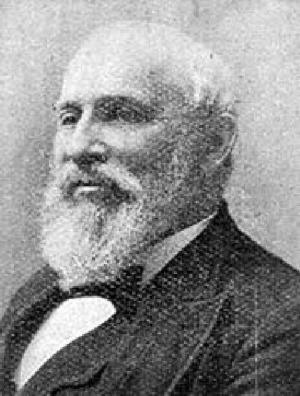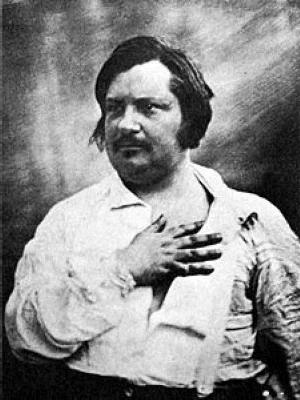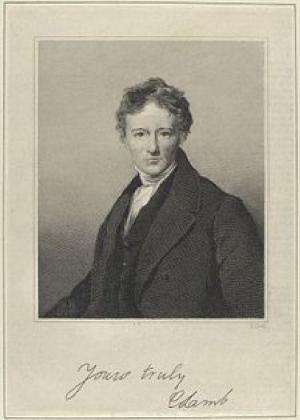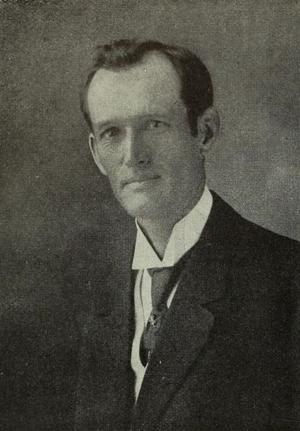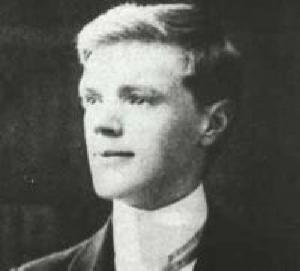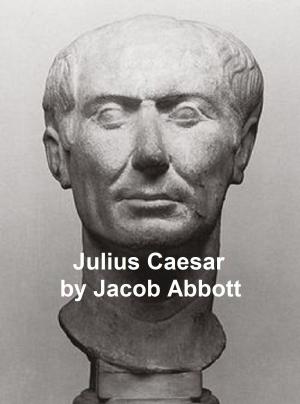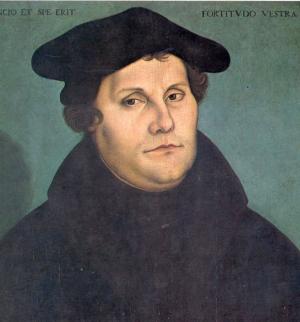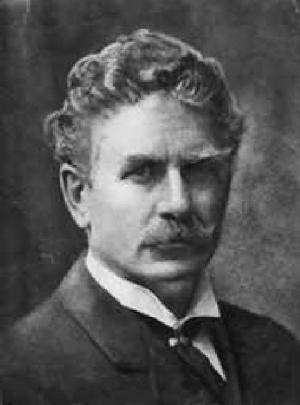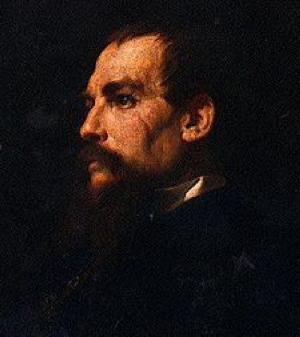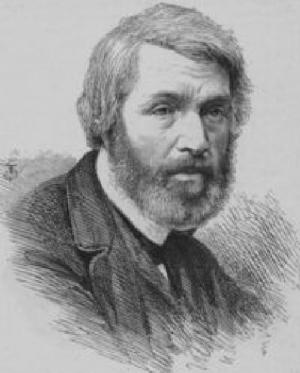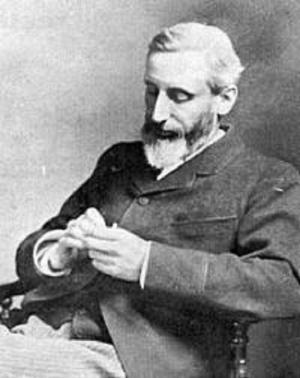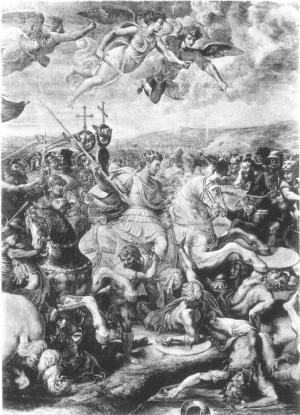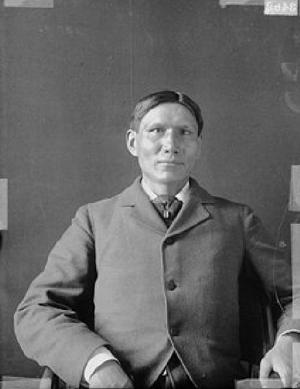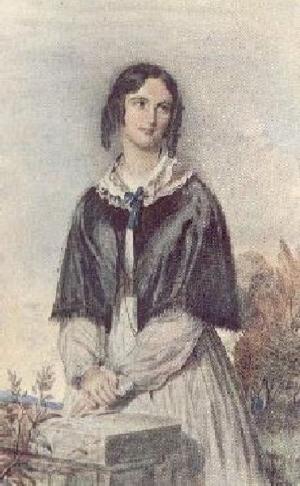Nat the Naturalist or A Boy's Adventures in the Eastern Seas
Fiction & Literature, Classics, Kids, Teen, General Fiction, Fiction| Author: | Fenn, George Manville | ISBN: | 9781455371754 |
| Publisher: | B&R Samizdat Express | Publication: | June 10, 2015 |
| Imprint: | Quench Editions | Language: | English |
| Author: | Fenn, George Manville |
| ISBN: | 9781455371754 |
| Publisher: | B&R Samizdat Express |
| Publication: | June 10, 2015 |
| Imprint: | Quench Editions |
| Language: | English |
Nat's mother and father have died, and he is being brought up by an aunt and uncle, the latter being his mother's brother. His aunt does not care at all for boys, and in particular makes sniping remarks at Nat the whole time. But Nat's uncle is very fond of him, and they are great friends. But enter the aunt's brother, a famous naturalist, back from some trip in South America. Nat, who has already shown great interest incollecting specimens from nature, is enthralled, helps him to stuff and catalogue his specimens, and eventually persuades him to take him (Nat) with him on his next trip.This requires a little training in shooting and sailing. Then they are off, on a P&O liner sailing from Marseilles. On arriving in the Java Seas they disembark, purchase a little boat, and set off. Very soon they are joined by an enthusiastic native, and the trio spend some years collecting numerous splendid specimens, of birds, beetles, and anything else they can. An unfriendly tribe of natives steal their boat, but does not find their hut and specimens. They set-to to build a boat of some sort, to getthemselves away from such an unfriendly place. At the same time their native assistant disappears, presumably murdered by the unfriendly locals. According to Wikipedia: "George Manville Fenn (January 3, 1831, Pimlico - August 26, 1909, Isleworth) was a British writer. He worked as a teacher in Lincolnshire, until he became printer, editor and publisher of various magazines. He had eight children with his wife Susanna Leake, whom he had married in 1855. Most of his work consists of adventure stories for young readers, featuring Explorers, Smugglers, young Adventurers and Seamen. His adult novels offer critical social commentary on Victorian England, especially reconsidering economic questions."
Nat's mother and father have died, and he is being brought up by an aunt and uncle, the latter being his mother's brother. His aunt does not care at all for boys, and in particular makes sniping remarks at Nat the whole time. But Nat's uncle is very fond of him, and they are great friends. But enter the aunt's brother, a famous naturalist, back from some trip in South America. Nat, who has already shown great interest incollecting specimens from nature, is enthralled, helps him to stuff and catalogue his specimens, and eventually persuades him to take him (Nat) with him on his next trip.This requires a little training in shooting and sailing. Then they are off, on a P&O liner sailing from Marseilles. On arriving in the Java Seas they disembark, purchase a little boat, and set off. Very soon they are joined by an enthusiastic native, and the trio spend some years collecting numerous splendid specimens, of birds, beetles, and anything else they can. An unfriendly tribe of natives steal their boat, but does not find their hut and specimens. They set-to to build a boat of some sort, to getthemselves away from such an unfriendly place. At the same time their native assistant disappears, presumably murdered by the unfriendly locals. According to Wikipedia: "George Manville Fenn (January 3, 1831, Pimlico - August 26, 1909, Isleworth) was a British writer. He worked as a teacher in Lincolnshire, until he became printer, editor and publisher of various magazines. He had eight children with his wife Susanna Leake, whom he had married in 1855. Most of his work consists of adventure stories for young readers, featuring Explorers, Smugglers, young Adventurers and Seamen. His adult novels offer critical social commentary on Victorian England, especially reconsidering economic questions."

